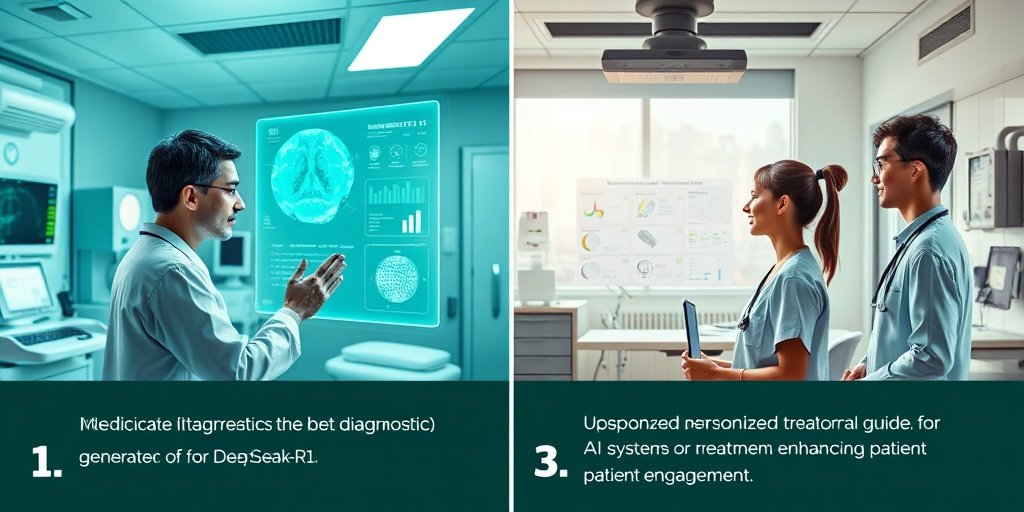
DeepSeek-R1: A New Era in Healthcare AI
DeepSeek-R1 shows potential in enhancing healthcare delivery and patient engagement. Challenges remain for its clinical integration. 🏥🤖
Discover the newest research about AI innovations in 🎓 Digital Health Education.

DeepSeek-R1 shows potential in enhancing healthcare delivery and patient engagement. Challenges remain for its clinical integration. 🏥🤖

ACU partners with Skybox Health to create a digital nursing education platform, enhancing training for future healthcare professionals. 📚💻

Pakistan investigates AGI applications in healthcare for nursing training and diagnostics. 🤖🩺 Collaboration aims to address workforce shortages.

“AI in Medical Education: 100% Student Acceptance & 214 Insights from a Blended Learning Course! 🤖📚”

AI in Public Health: Expert Insights on Risk Communication & Community Engagement 🤖🌍

📊 Top 100 Cited Studies on Digital Health in Nursing Education: 33% from the US, AI trends rising! 📈

“Digital Health Curriculum Boosts Student Competence 📈: 65% Women, 1.8 Mean Increase in Robotics Skills!” 🤖

Mount Sinai introduces ChatGPT Edu for medical education, enhancing AI skills for students and faculty. 🏥📚

AI predicts pediatric brain cancer relapse with 75-89% accuracy, improving care for children with gliomas. 🧠📈

Metaverse reshapes medical education & healthcare, enhancing skills with AI, AR/VR. 37% of youth lack internet access. 📚🌐